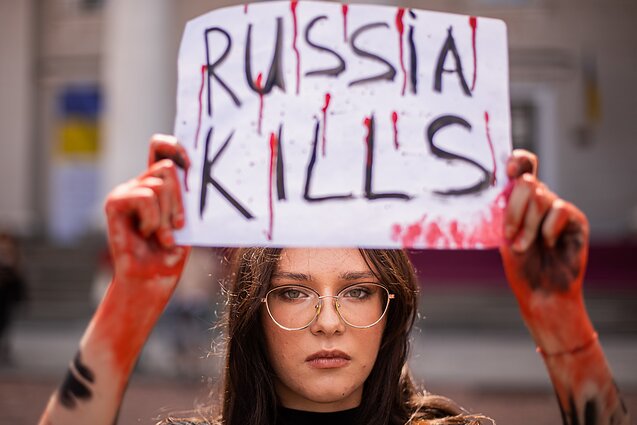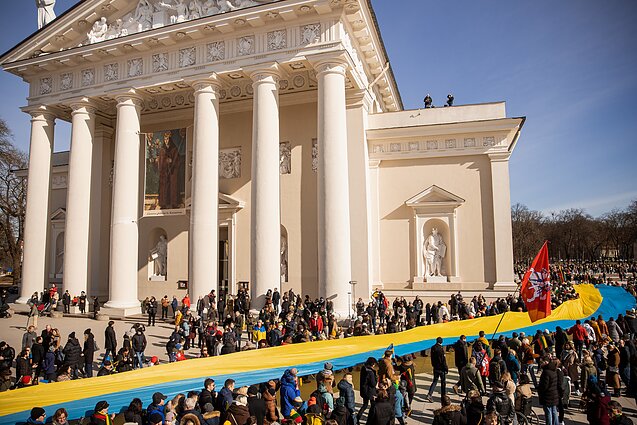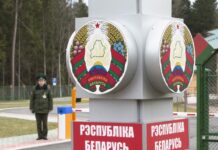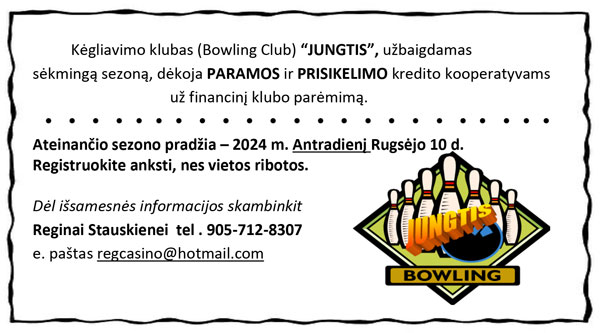
Psychological Insights
According to Dr. Dovilė Budrytė, political science professor at Georgia Gwinnett College (GGC) in the US, Russia’s aggression against Ukraine, which started in 2014 and escalated to a full-scale invasion of Ukraine in February 2022, has resulted in “vicarious identification” with Ukraine felt by Lithuania. The concept refers to a situation when people adopt the identities and stories of others as their own, making them part of their lives and their biographies. Political scientists Christopher S. Browning, Pertti Joenniemi and Brent J. Steele wrote that the concept of “vicarious identification” can be applied to international relations. Vicarious identification with another state can produce a sense of stability and security as well as help states to reassert their biographical continuity in an uncertain world.
Lithuania was the first state to support Ukraine with lethal weapons even prior to Russia’s 2022 invasion. The population of Lithuania has collected funds to buy a drone for the Ukrainian military. Thousands of Lithuanians have opened their homes to Ukrainian refugees, and the number of refugees (according to the Lithuanian Statistics Dept., 64,443 as of September 5, 2022) is the largest in the Baltic states.
Ukrainian flags are flying everywhere in Lithuania, and the slogan “be as brave as Ukraine” is one of the most popular slogans in Vilnius. Together with the other Baltic states, Lithuania has become a leading voice in Europe supporting Ukraine, arguing for its EU and NATO memberships and for stricter Western sanctions against Russia. In April, 2022, Lithuania became the first EU state to suspend all imports of Russian natural gas.
This is despite the fact that Lithuania and Ukraine adopted relatively different paths after regaining independence from the Soviet Union in 1991, with Lithuania earning membership in the EU and NATO, and Ukraine struggling with transitional and identity challenges, being left out of the transatlantic community.
 It matters that the Baltic states (including Lithuania) and Ukraine constructed similar collective memories about the Soviet past, especially the repressions under Stalin. They created similar memory regimes, both of which came to the fore in 2014, consolidating around the experience of previous traumas – including the Holodomor, or “death by hunger”, a genocidal policy pursued by the Soviet Union in 1932-33 (in the case of Ukraine) and deportations under Stalin (in all cases). This explains the immediate identification of Lithuania with Ukraine as well as its emotional adoption of Ukraine’s self-defence. This is especially true about vicarious identification at the individual level.
It matters that the Baltic states (including Lithuania) and Ukraine constructed similar collective memories about the Soviet past, especially the repressions under Stalin. They created similar memory regimes, both of which came to the fore in 2014, consolidating around the experience of previous traumas – including the Holodomor, or “death by hunger”, a genocidal policy pursued by the Soviet Union in 1932-33 (in the case of Ukraine) and deportations under Stalin (in all cases). This explains the immediate identification of Lithuania with Ukraine as well as its emotional adoption of Ukraine’s self-defence. This is especially true about vicarious identification at the individual level.
As told in an ABC News story published on February 24, 2022, when the invasion started, Jaunius Kazlauskas, a 50-year-old Lithuanian teacher in Vilnius, said: “My grandparents were sent away to Siberia. My father was persecuted by the KGB. Now I live in a free democratic state, but it seems that nothing can be taken for granted.” This feeling of existential anxiety was shared by many Lithuanians, and the Lithuanian state as well.
The mobilization of traumatic memories has a powerful impact on identities, and this impact is going to be felt for a long time, as the war continues and even as it comes to an end.
As reported by LRT, in July 2022, during the fifth month of war, one-third of Lithuania’s residents acknowledged that they gave money to support Ukraine’s fight against Russia. It is estimated that the war affected most Lithuanians emotionally, and those who were constantly following the news from Ukraine felt the impact of the war especially severely.
Yet as the aggressive war continues to drag on, there are some signs of empathy fatigue.
According to BNS, in July 2022, it became clear that the donations for aid to Ukraine have declined, as has the number of volunteers for organizations delivering aid to Ukraine, such as the Red Cross.
However, despite these signs of fatigue, the war has already had an indelible impact on Lithuania’s identity. Its story, told to other states in the global community, has become linked to the story of Ukraine, and vicarious identification, in the making since 2014, is not going away any time soon and is stronger due to the recent successes of the Ukrainian counter-offensive.
Lithuania became one of the first countries in Europe to articulate hopes about Ukraine’s NATO membership. In September 2022, Lithuania’s President Gitanas Nausėda told Ukraine that Lithuania will do everything to make sure that Ukraine becomes part of the transatlantic community in 2023, during NATO’s Vilnius summit – as long as Ukraine is able to achieve a significant victory in the war. And Lithuania continues to provide help to Ukraine to win this war.
In the medium and long-term perspective, the vicarious identification felt by Lithuania and other Central Eastern European states with Ukraine may have far-reaching consequences for a European identity, experts say.
A united Europe remains important for Lithuania’s security and Ukraine’s security. Yet one thing remains clear – it is impossible to refer to the reaction of Western Europe to the war in Ukraine as “vicarious identification”. Historical differences, different trauma narratives and different memory regimes prevent such identification.
The perception of Russia as a threat as well as the need to strengthen European security with Ukraine in it may help to address the unintended divisive consequences of vicarious identifications and help to maintain European unity.






























